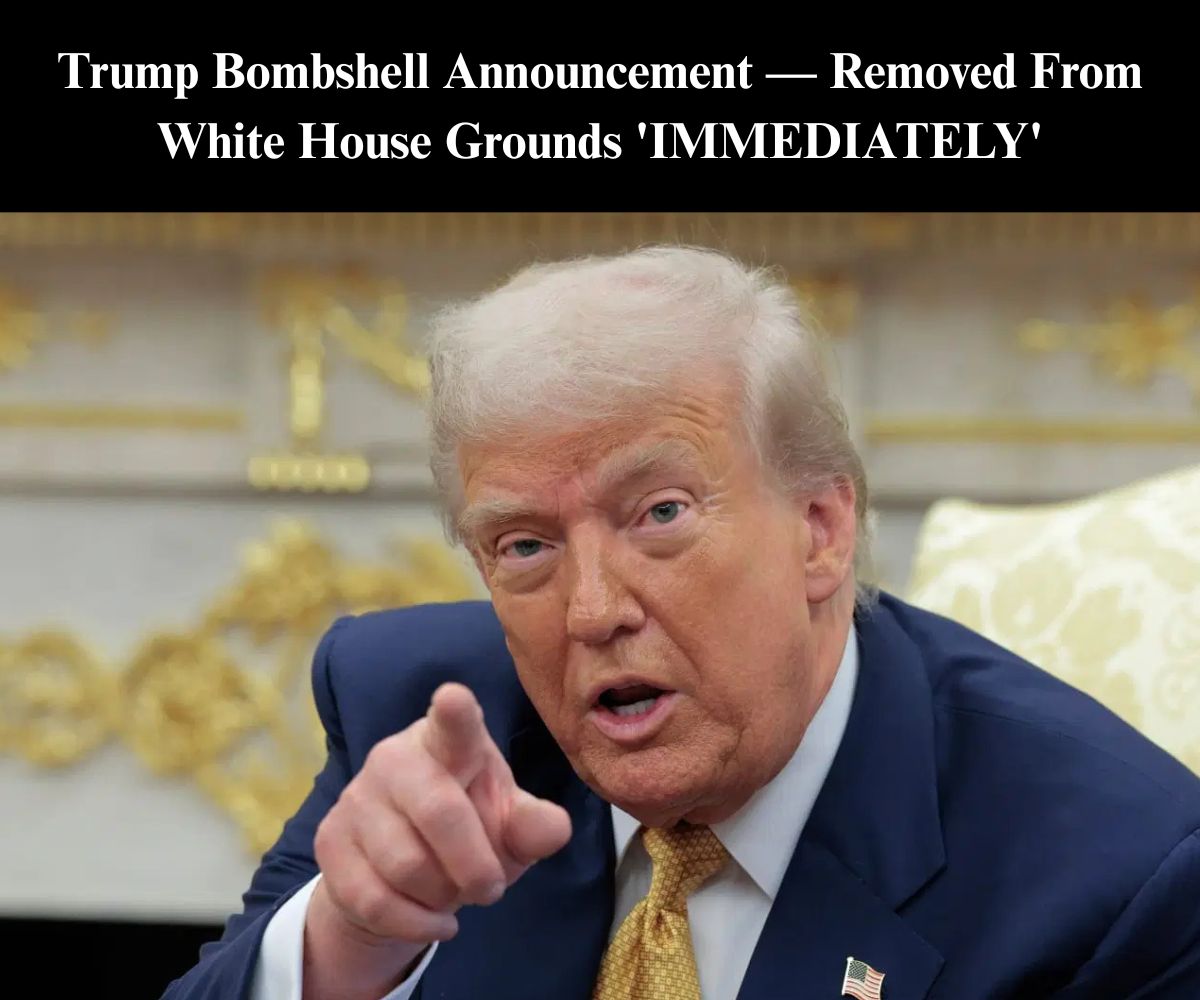President Donald Trump signed a new executive order Thursday aimed at helping local governments clean up homeless encampments and restore public order.
The order gives Attorney General Pam Bondi authority to roll back legal roadblocks — including past court rulings and consent decrees — that have made it harder for cities to relocate homeless individuals, CNN reported.
It also redirects federal support to move homeless people into rehab and substance abuse treatment facilities.
Trump’s order instructs Bondi to work closely with Health and Human Services Secretary Robert F. Kennedy, HUD Secretary Scott Turner, and Transportation Secretary Sean Duffy to fast-track funding for cities and states that take action against open drug use, illegal squatting, loitering, and street encampments — while also tracking registered sex offenders.
On Friday, Trump called the move “common sense.”
“Right outside, there were some tents, and they’re getting rid of them right now, you can’t do that — especially in Washington, DC,” Trump told reporters from the South Lawn.
“I talk to the mayor about it all the time, I said you gotta get rid of the tents,” he said.
“We can’t have it — when leaders come to see me to make a trade deal for billions and billions and even trillions of dollars, and they come in and there’s tents outside of the White House, we can’t have that. It doesn’t sound nice,” the president said.
“I think it’s terrible, and we’ll have them removed immediately,” he said.
WATCH:
White House Press Secretary Karoline Leavitt said Thursday the order reflects Trump’s promise to restore safety and dignity to American communities.
“By removing vagrant criminals from our streets and redirecting resources toward substance abuse programs, the Trump Administration will ensure that Americans feel safe in their own communities and that individuals suffering from addiction or mental health struggles are able to get the help they need,” Leavitt said.
Homeless advocacy groups quickly condemned the order.
Donald Whitehead, executive director of the National Coalition for the Homeless, said in a statement that the move would only make things worse.
“These executive orders ignore decades of evidence-based housing and support services in practice,” he claimed, even though despite organizations like his, the homeless situation in the country has gotten increasingly worse over the past decade.
“They represent a punitive approach that has consistently failed to resolve homelessness and instead exacerbates the challenges faced by vulnerable individuals.”
The National Homelessness Law Center also blasted the move as dangerous and unconstitutional.
In a Thursday statement, the group said the order “deprives people of their basic rights and makes it harder to solve homelessness.”
They warned it would increase policing and institutionalization while pushing more people into tents, cars, and streets.
The action comes one month after the Supreme Court upheld an Oregon city’s decision to fine homeless people for sleeping outside.
The justices ruled that such anti-camping laws don’t violate the Constitution’s ban on cruel and unusual punishment.
That decision was closely watched by state and local leaders struggling to address homelessness and public safety — especially in parks, underpasses, and public squares.
It also caught the attention of those living in the camps, many of whom fear criminalization over shelter shortages.
Homelessness in America hit a record high last year, with more than 770,000 people experiencing it in 2024 — an 18% spike from the year before.
That surge, according to HUD, was driven by housing shortages, natural disasters, and rising numbers of migrants seeking shelter.
Trump made the issue a centerpiece of his 2024 campaign.
At a September rally in North Carolina, he told supporters the homeless crisis was “destroying our cities.”
“The homeless encampments will be gone,” Trump said. “They’re going to be gone.”
“Oh, you have to see, you have to — some of these encampments, what they’ve done to our cities, and we’ve got to take care of the people.”
